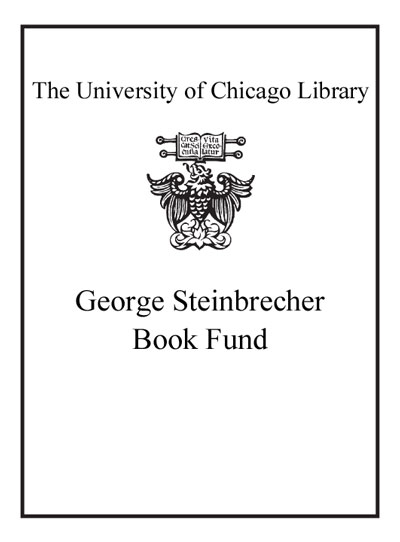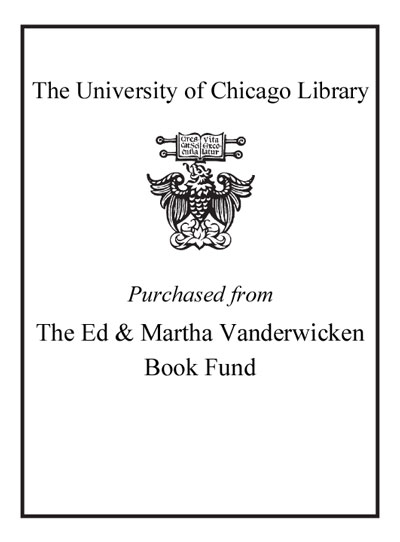Review by Choice Review
Bisbee et al. present the written correspondence between Aldous Huxley and Humphry Osmond, who together did pioneering research on psychedelics (and indeed coined the term itself). The letters date from 1953 to 1963, and they are presented chronologically. An extensive and informative introduction describes the pair's friendship and long-term correspondence about a variety of topics, including psychedelic substances, psychology, religion, and human potential, as well as current events and personal relationships. Footnotes to the letters themselves elaborate on specific persons, organizations, and ideas mentioned. The four appendixes provide additional correspondence, clarifications of allusions, Huxley's description of his wife Maria's last days, and an explanation of the relationships between Osmond and Huxley's family members. The bibliography includes archives and articles as well as books. Offering insights into the ideas of two important mid-20th-century thinkers, this volume will appeal to humanities and sciences scholars alike, and the editors' clear explanations make the volume accessible and engaging for nonspecialists. Summing Up: Highly recommended. Lower-division undergraduates through faculty; general readers. --Carly Psenicka, University of Cincinnati
Copyright American Library Association, used with permission.
Review by Choice Review


